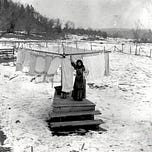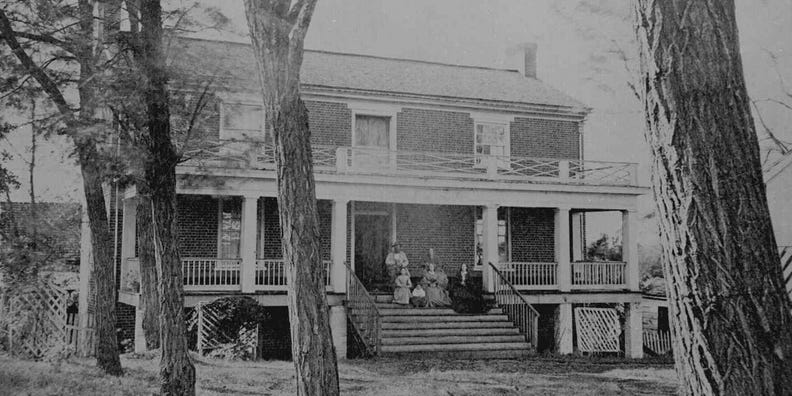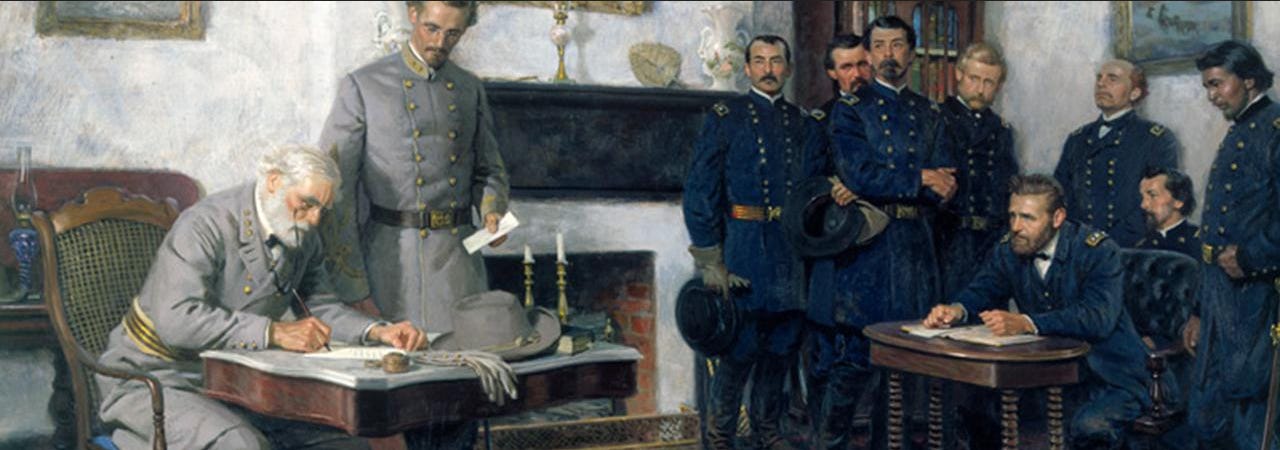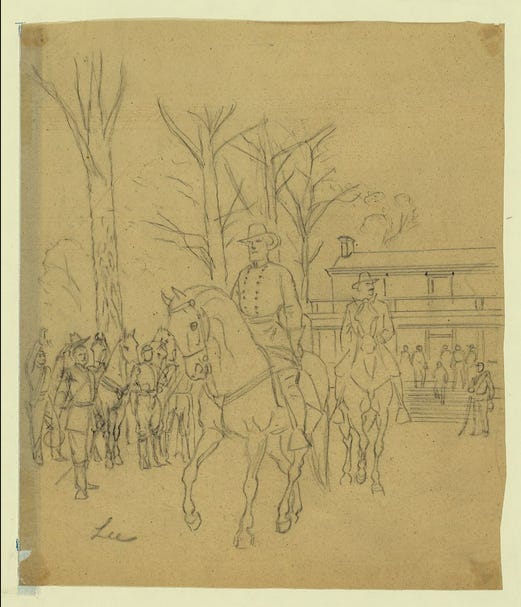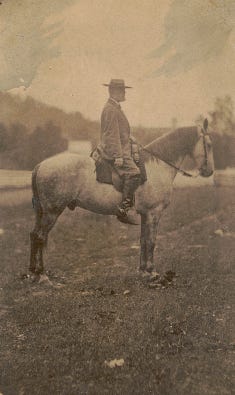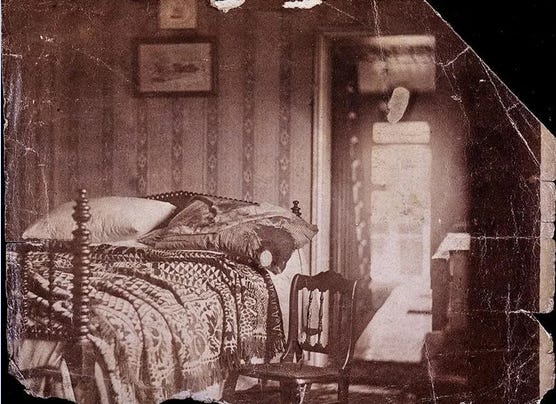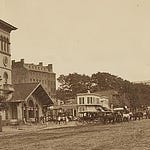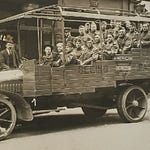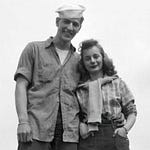saying goodbye
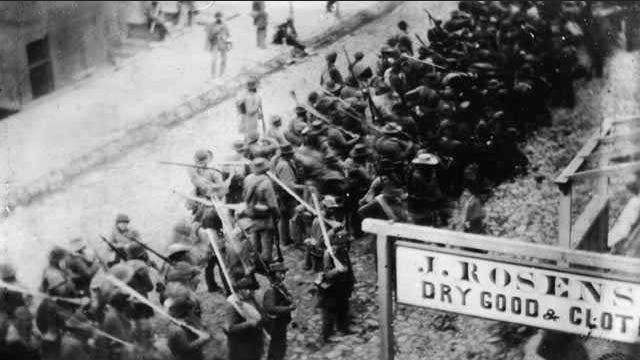
This day in 1865 was one of farewells.
On the day before, Gen. Robert E. Lee had met with Gen. Grant in the front parlor of Wilmer McLean’s home in Appomattox Court House, Virginia.
There, Lee had exchanged letters with Grant, writing out his acceptance of Grant’s surrender terms in three terse sentences.
The men of Lee’s Army of Northern Virginia could keep their horses and side arms.
They wouldn’t be prosecuted so long as they didn’t take up arms against the United States again.
And they would be fed, given written passes permitting passage through the lines and encouraged to go home.
From Lee’s farewell:
“After four years of arduous service marked by unsurpassed courage and fortitude, the Army of Northern Virginia has been compelled to yield to overwhelming numbers and resources.
“I need not tell the brave survivors of so many hard fought battles, who have remained steadfast to the last, that I have consented to this result from no distrust of them,
“[B]ut feeling that valor and devotion could accomplish nothing that would compensate for the loss that must have attended a continuance of the contest…
“By the terms of Agreement, Officers and men can return to their homes…
“You will take with you the satisfaction that proceeds from the consciousness of duty faithfully performed…
“With an unceasing admiration of your constancy and devotion to your Country…
“I bid you all on Affectionate Farewell.”
Although skirmishes would continue in some places for another month, the Civil War was over for Lee and his men.
In four more days, it would end for Lincoln, too.
******************************
I’ll see you tomorrow.
— Brenda


